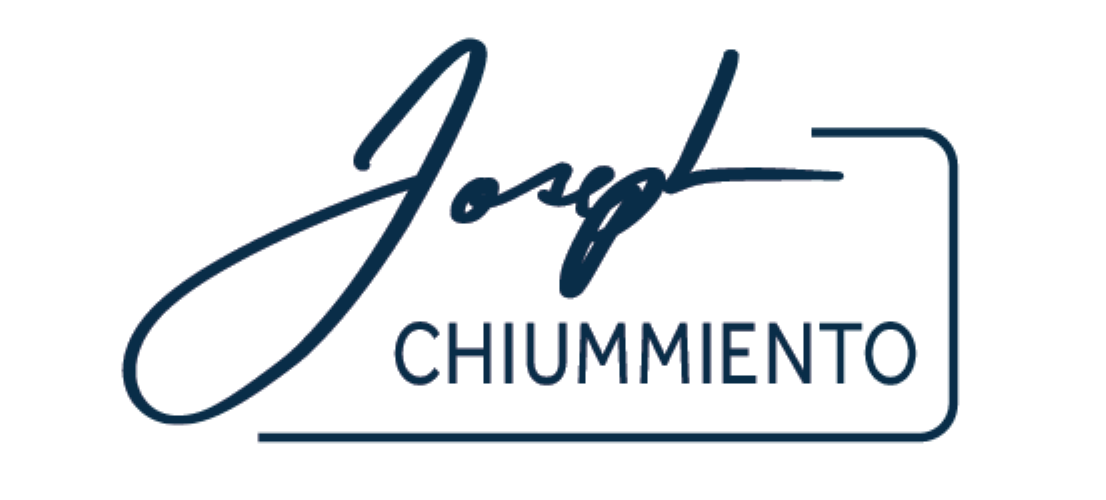The Will You Wrote Five Years Ago Might Be Outdated
Here’s the truth: life doesn’t stand still. Neither should your will. We see too many clients with wills that no longer reflect their relationships, assets, or intentions. That’s not just risky—it’s a legal time bomb. A will drafted even five years ago might miss new assets, name the wrong executor, or leave out a new child or grandchild. When your personal or financial life changes, your will should, too.
Why Having a Will Is Essential in Ontario
Without a will, your estate is distributed according to provincial intestacy laws. That means the government decides who gets what. It doesn’t matter what you said at dinner, or what ‘everyone knew’ you wanted. It’s not about emotion—it’s about enforceability. Your family could face delays, confusion, and legal expenses that a well-crafted will would’ve avoided entirely.
The Legal Framework
In Ontario, the Succession Law Reform Act governs estate distribution when someone dies without a valid will. That can lead to:
- Delays in accessing funds
- Appointed executors who aren’t your choice
- Guardianship issues for minor children
- Unintended beneficiaries, such as estranged relatives
- Complex court applications that drain estate value
When Should You Make Your First Will?
If you’re wondering when to create your first will, ask yourself a few key questions:
- Do you own real estate or investments?
- Are you married, in a common-law relationship, or divorced?
- Do you have children or dependents?
- Do you own a business or professional corporation?
- Do you care about who gets what, when, and how?
If you answered yes to even one of those, the time to act is now.
Triggers to Update Your Will
Think of your will like a financial plan—it evolves. Major life changes demand a legal update. Here’s when you should revisit your documents:
Marriage or Divorce
Marriage in Ontario revokes a prior will unless it was made in contemplation of the marriage. Divorce changes entitlements under your will. These legal realities are often misunderstood and can cause unintended results, especially if an ex-spouse remains named as executor or beneficiary.
Birth or Adoption of Children
Children trigger the need for new guardianship clauses and revised distributions. You may also want to add testamentary trusts to stagger inheritance or protect the child’s interest over time.
Changes in Financial Position
Whether you’ve sold a business, inherited wealth, or taken on debt, your estate plan should reflect your current financial landscape. If your will references property you no longer own, that section becomes ineffective. If you’ve accumulated wealth, new strategies may be available.
Death or Change in Relationships
If a named executor, guardian, or beneficiary has passed away—or your relationship with them has changed—your documents must be updated. Failing to do so can result in court appointments or inheritance by unintended parties.
Business Ownership or Sale
Business owners should integrate their corporate succession with their personal estate plan. Dual wills may be appropriate to address private corporation shares and avoid probate on corporate assets.
Relocation or Jurisdictional Change
If you move to or from Ontario, your will may need revision to comply with local laws. Not all jurisdictions recognize the same legal language or planning tools. If you spend time in the U.S., this becomes doubly important.
Common Pitfalls We See
- DIY wills that fail legal requirements and are rejected in probate
- Outdated executor appointments or trustees
- Ambiguous clauses that spark family disputes
- Failure to update after divorce, marriage, or inheritance
- No plan for incapacity (missing Powers of Attorney)
- No mention of digital assets, crypto, or online accounts
The Role of Powers of Attorney
Your estate plan isn’t complete without two critical documents:
- Power of Attorney for Personal Care (health decisions)
- Continuing Power of Attorney for Property (financial decisions)
These allow someone you trust to make decisions if you become incapacitated. Without them, your family could face legal delays, costly guardianship applications, and a lack of clarity in medical emergencies.
What a Proper Will Should Include
- Appointment of executors and alternates
- Guardianship of minor children
- Detailed asset distribution plan
- Contingency planning for alternate beneficiaries
- Testamentary trusts for minors, blended families, or disabled beneficiaries
- Charitable gifts and bequests
- Clear instructions and definitions to reduce ambiguity
Why Testamentary Trusts Matter
These trusts, created within a will, protect vulnerable beneficiaries and provide tax planning advantages. Henson Trusts, for example, allow disabled beneficiaries to receive inheritances without losing government support like ODSP. Testamentary spousal or family trusts can also protect against remarriage or creditor claims.
Why Work with a Lawyer?
Because one missed clause can undo your intentions. At Chiummiento Law, we don’t just draft wills—we build legal continuity. We help you:
- Structure dual wills for corporate planning
- Coordinate with accountants and financial planners
- Use clear, legally sound language
- Update documents as your life evolves
- Guide you through executor roles and family dynamics
Real Story: A Will That Was Never Updated
We worked with a family whose father had created a will 18 years ago. It named a sibling who had since passed away, excluded a new grandchild, and left shares in a business that had been sold. The result? Conflict, delay, and thousands in legal fees. All of it could’ve been prevented with a 30-minute review and update.
Final Thoughts: Your Will is a Living Document
It should grow with your life—not be forgotten in a drawer. Review it every 3–5 years, or whenever a major life event occurs. Your will is not just a set of instructions—it’s your voice when you’re no longer here. Make sure it says what you mean.
Book a Consultation
📍 Based in Vaughan | Serving clients in Toronto, the GTA, and all provinces and territories in Canada
📞 416-822-0852
📧 joseph@chiummiento.com

